Staying ahead in the competitive world of real estate requires an understanding of Real Estate Marketing Trends that are shaping the industry in 2025. These trends are not only driven by technological innovation but also by the changing preferences of consumers who seek personalized experiences, authenticity, and convenience. Understanding Real Estate Marketing Trends is vital for real estate agents, brokers, and marketers aiming to thrive in this fast-paced environment.
Emerging Technologies Shaping Real Estate Marketing
Virtual Reality (VR) & Augmented Reality (AR)

Virtual reality technology is making a leap forward in the real estate industry. Thanks to VR tours, buyers can “walk around” a house right on the spot without having to go directly. Statistics show that VR tours increase engagement by 87% and listings with VR receive 40% more inquiries
VR brings an immersive experience with:
- 360-degree view of each room
- Interactive hotspot to explore details
- Dimension measuring tool
- Move naturally as if you were in a real house
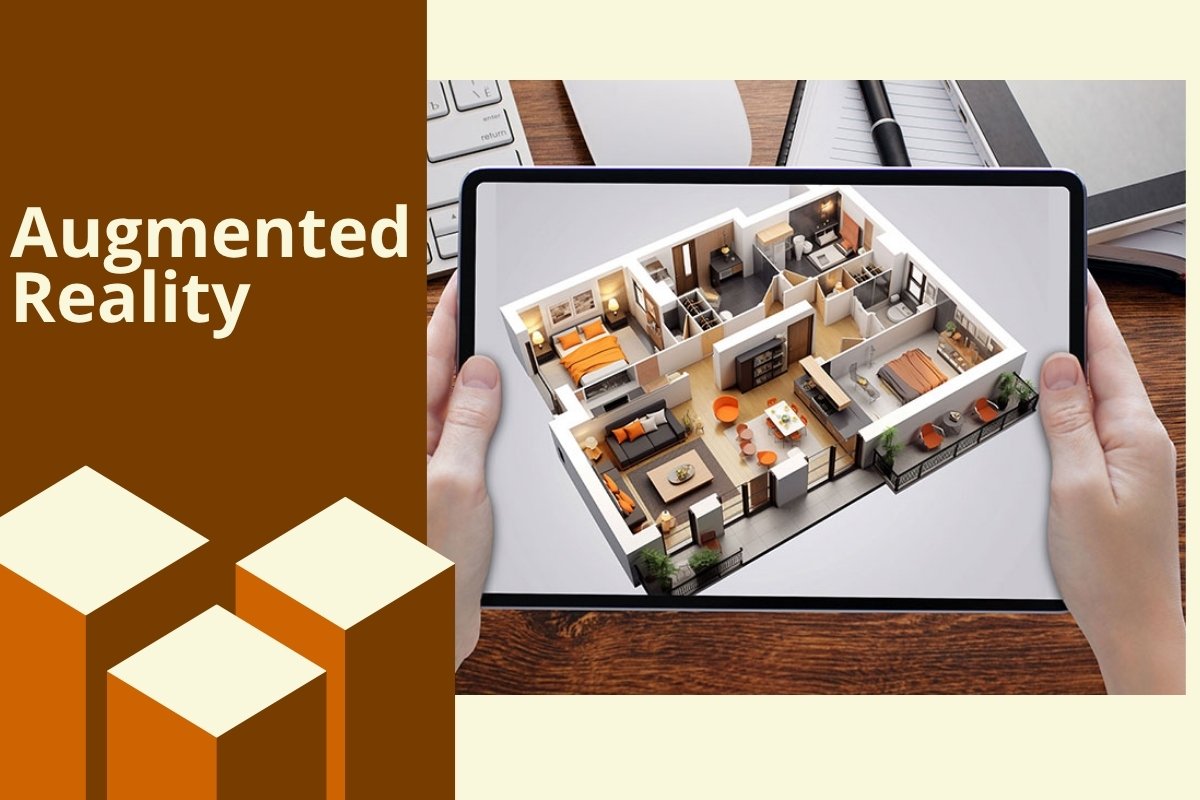
In parallel, AR (Augmented Reality) enhances the experience by “overlaying” more information on the real space. Buyers can use their phones to:
- View room dimensions, amenities, drawings
- Visualize furniture placement
- Try design changes on the fly
➡ VR/AR helps pre-filter serious customers, saving time for both brokers and buyers, and creating a superior competitive advantage in modern real estate marketing.
Artificial Intelligence (AI)

AI is leading the trend in real estate marketing thanks to its ability to analyze buyer behavior and create personalized campaigns. Machine learning predicts the type of real estate suitable for each customer group, increasing engagement rates by 35%.
Real estate experts apply AI to:
- Predict buyer preferences
- Combined with chatbots to predict behavior, recommend suitable properties, and respond 24/7.
- Customize email content
- Send messages at the right time
- Track and analyze engagement
Blockchain in real estate
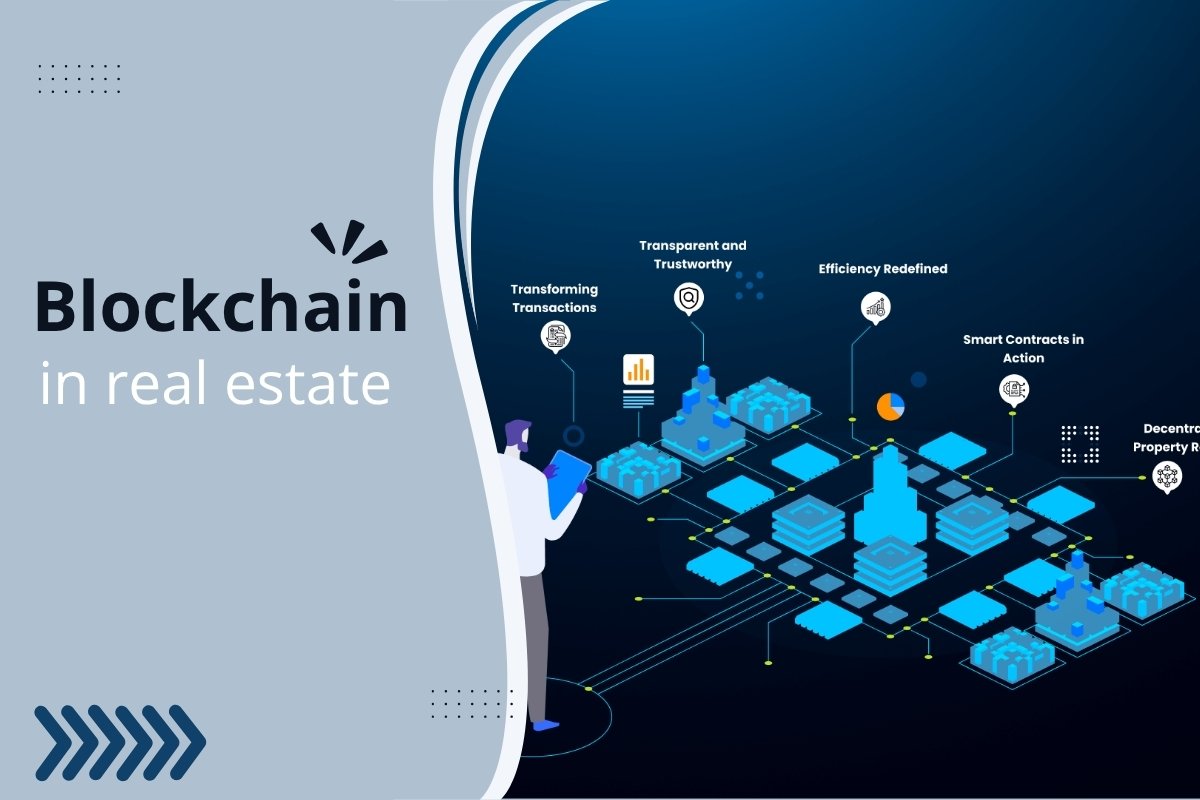
Blockchain brings absolute transparency and security to real estate transactions. Smart contracts automatically execute terms and record transactions, helping brokers shorten the time to close deals by 60%.
Outstanding benefits:
- Every transaction step is visible and verified
- Digital signatures and automatic information checks reduce manual paperwork
- Limit fraud and disputes
- Property records cannot be edited and are permanently stored
Digital records include:
- Ownership history
- Transaction details
- Asset changes
- Legal documents
Many companies report a 90% reduction in document errors when using blockchain – proof of the future of real estate digitization.
Content Marketing for Real Estate: Building Trust and Authority
Video Marketing

Video content continues to dominate Real Estate Marketing Trends 2025, transforming passive listings into compelling visual stories. Videos generate 403% more traffic than text-based content. Short 60–90 second videos posted on Reels, TikTok, and YouTube can:
- Convey a lifestyle
- Show emotion
- Help viewers imagine themselves living in that home
- Share helpful tips (value rather than overt advertising)
- Educational content such as financial advice, investing, and asset protection is attracting a large, high-quality audience.
Agents are combining drones, cinematic footage, and professional voiceovers to create professional videos that are viral, memorable, emotionally connect with buyers, and enhance the brand.
Interactive Content
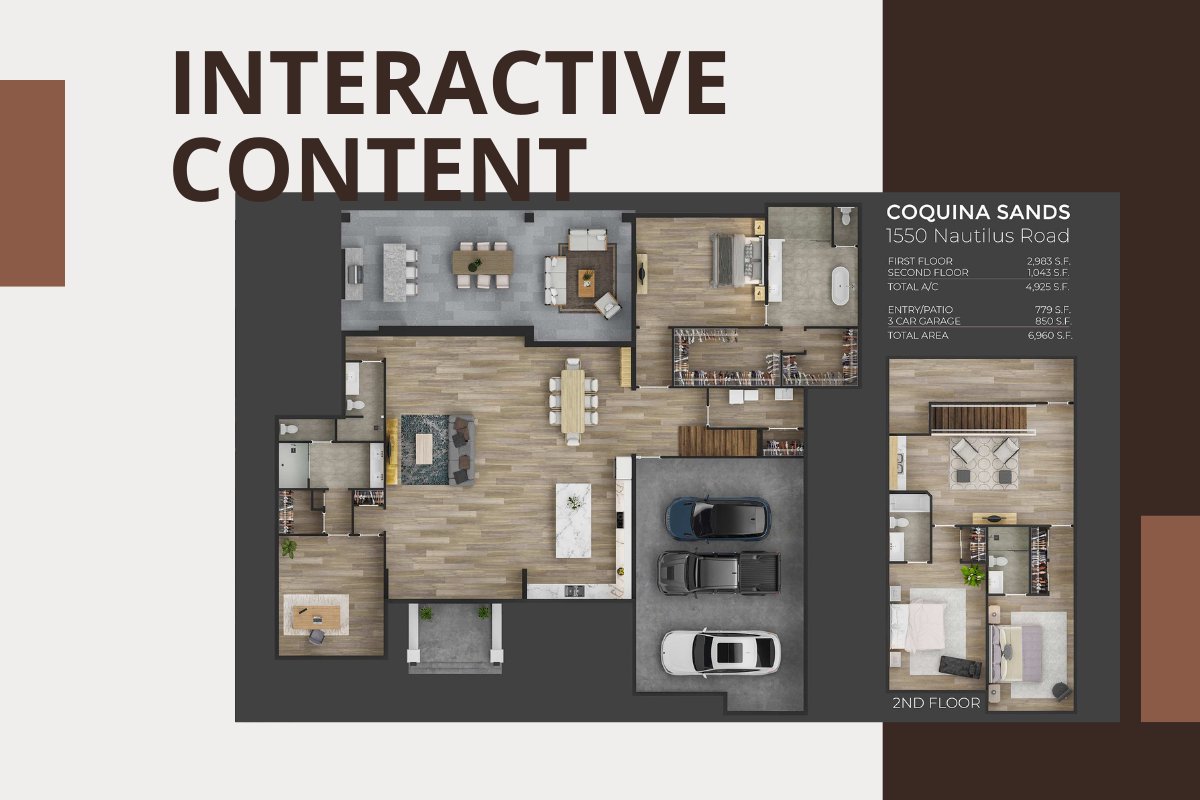
Interactive content increases engagement by up to 45% and saves both buyers and agents significant time. Tools like:
- 360° Virtual Tours
- Interactive Floor Plans
- 3D Walkthroughs
- Measurements
- Home Design
… allow buyers to explore the property at their own pace, clearly visualizing the space and potential of the home.
In particular, livestreaming home tours is becoming a strong trend. Agents showcase the property and answer questions in real time, creating a sense of transparency and personal connection. This format generates 3 times more potential customers than traditional advertising.
Living Area Content

Buyers are not only interested in the house, but also in the amenities and surrounding environment. Buyers often care about neighborhood features such as: Schools, parks, restaurants, shopping, transportation, security, community.
82% of buyers say the quality of the neighborhood is the most important factor. So, agents incorporate local market data to build trust and position themselves as “area experts”.
Testimonials: Building Long-Term Credibility

Most importantly, customer testimonials become powerful “social proof”, building credibility and helping to generate new customers organically. Real estate marketers can use customer feedback to share personal experiences, buying experiences, through blog posts, email marketing plans or social media ads.
Boost Your Online Presence in Real Estate Marketing
Social Media – The #1 Customer Reach Channel
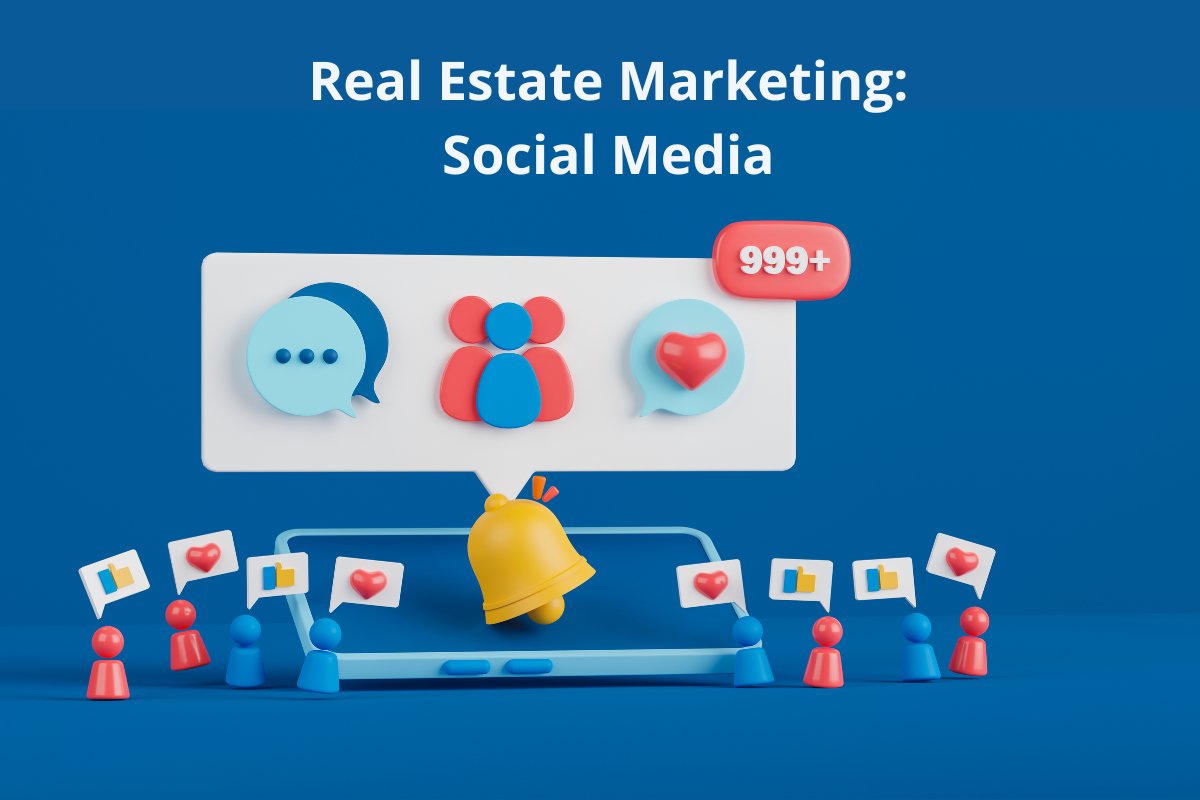
By 2025, 82% of real estate businesses will use social media for marketing, showing the importance of this platform. Facebook still leads with 87% of agents using it, followed by Instagram (62%), LinkedIn (48%) and YouTube (25%).
Facebook is still the main platform, but Instagram, LinkedIn, YouTube and even TikTok are helping to reach the younger generation of buyers more effectively.
In addition, real estate agents also run ads on social media targeting location, demographics, behavior and interests, helping to reach the right potential buyers. Targeted real estate ads have a conversion rate of 2.3%.
Additionally, working with local influencers is booming and becoming a real estate marketing trends with benefits such as:
- 40% increase in listing views
- Bring authenticity and trust
- Naturally connect with specific communities
Search engine optimization

Optimizing your website and content for search engines is an indispensable aspect of Real Estate Marketing Trends in 2025. Real estate websites that use long-tail keywords have seen a 78% increase in quality traffic, especially location-specific keywords. Buyers are no longer searching for generic “houses for sale,” but are using keywords specific to town, area, and amenities. This makes local search extremely important:
- 46% of Google searches are local
- 93% of local searches show Google Local Pack in the top results
- 91.5% of users never go past page 2 of Google
- 70% of page views come from long-tail keywords
- 70% of clicks are focused on the first 5 results
- In the real estate industry:
- Overall conversion rate: 4.7%
- Organic search (SEO): 3.2%
- Paid search: 1.5%
- Email marketing: 1.4%
In addition to keywords, technical optimization is a must:
- Fast page load speed
- Mobile-friendly interface
- Optimized images
- HTTPS security
- Regular technical audits to avoid hidden errors
Google prioritizes fast, smooth, mobile-optimized websites, as the majority of home buyers search on their phones.
Personalization in Real Estate Marketing 2025
Personalization becomes the “secret weapon” that helps agents understand customers better than ever and build personalized experiences. Thanks to advanced CRM systems, agents can collect and analyze user behavior to send:
- Property suggestions that match their needs exactly.
- Potential living area information.
- Blog, video, or email content that is “tailored” for each audience.
Instead of mass marketing, brands create interactive journeys like 1-1 conversations, helping to build trust, loyalty, and dramatically increase conversion rates. Outstanding benefits, personalization is the trend in real estate marketing.
Statistics that shape the 2025 strategy
+ More than 1/3 of home sellers choose agents through referrals → building good experiences = free marketing.
+ Text messaging is the number one communication channel (94%), followed by phone calls (91%) and email (89%) → customers want speed and personalization.
Strong personalization means more careful data collection. The National Association of Realtors (NAR) sets strict standards for how customer data is collected and used. Compliance not only helps avoid legal risks but also strengthens customer trust.
Sustainable Marketing Practices for Modern Real Estate

As environmental awareness grows, sustainability has become a key pillar of modern real estate marketing trends. Today’s buyers are not only interested in design or location, but also in green elements such as solar panels, energy-efficient appliances, sustainable materials, and smart control systems. Statistics show that 73% of Millennials prioritize homes with eco-friendly features, and these properties typically cost 10% more.
Professional brokers not only promote features, but also emphasize the long-term benefits: cost savings, reduced carbon emissions, and improved quality of life. In addition, green residential areas with public transportation, bike paths, and community green spaces also sell 25% faster than traditional projects.
Marketing content focusing on sustainable lifestyles, community activities, and financial benefits helps build trust and enhance brand image. Transparency in energy ratings and sustainability certifications is becoming a deciding factor, helping real estate stand out and attract modern buyers.
Analyzing ROI: Measuring the Effectiveness of Real Estate Marketing Campaigns

In the evolving landscape of Real Estate Marketing Trends, measuring the return on investment (ROI) of marketing initiatives is essential to ensure resources are allocated efficiently. Using analytics tools, agents can track website traffic, conversion rates, engagement metrics, and lead sources to determine which efforts generate the best results. For instance, if virtual tours and video marketing yield higher engagement and client inquiries, those channels should receive strategic prioritization.
Assessing ROI also involves setting clear, measurable goals aligned with your marketing activities, such as increasing website visits by a certain percentage or growing your social media followers. Regular performance reviews enable continuous optimization, allowing agents to double down on successful tactics and re-evaluate less effective ones. A data-driven approach ensures that your marketing budget delivers maximum impact, ultimately translating into higher sales and better client satisfaction.
Conclusion
As we look toward 2025, the future of real estate marketing clearly lies in the seamless integration of innovative technologies, personalized strategies, and captivating visual content. With the support of Picpee real estate photo editing, businesses can enhance every listing with professional-quality imagery that builds trust and engagement. Embracing these forward-thinking trends will not only future-proof your real estate brand but also ensure you deliver exceptional, client-centered experiences that meet the evolving expectations of tomorrow’s market.
 Single Exposure
Single Exposure Room Cleaning
Room Cleaning Reels
Reels Blended Brackets (HDR)
Blended Brackets (HDR) Changing Seasons
Changing Seasons Slideshows
Slideshows Flambient
Flambient Water in Pool
Water in Pool Individual
Individual 360° Image Enhancement
360° Image Enhancement Lawn Replacement
Lawn Replacement Team
Team Virtual Staging
Virtual Staging Rain to Shine
Rain to Shine Add Person
Add Person Remodel
Remodel Custom 2D
Custom 2D Remove Person
Remove Person 360° Image
360° Image Custom 3D
Custom 3D Background Replacement
Background Replacement Day to Dusk
Day to Dusk Property Video
Property Video Cut Outs
Cut Outs Day to Twilight
Day to Twilight Walkthrough Video
Walkthrough Video Change color
Change color 1–4 Items
1–4 Items